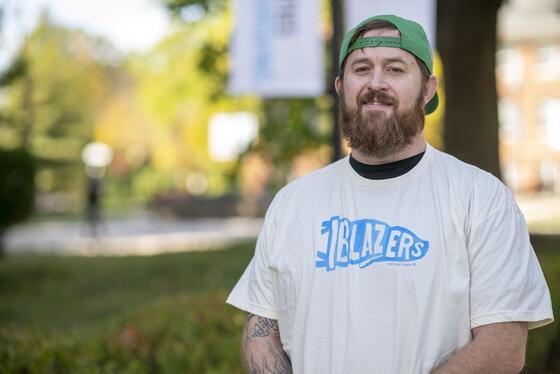
Derek Miller ’26 | Frederick Hometown Hero
Derek Miller ’26 named a Frederick Hometown Hero for work supporting veterans.
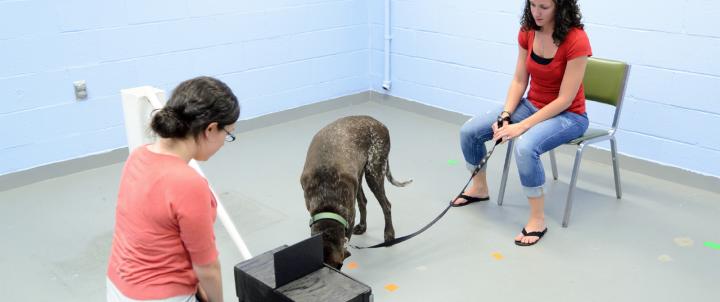
Why do we act as we do? How do we perceive, process information and learn? What affects our feelings, forms our thoughts, shapes our personalities? How do we study or measure these things? Hood psychology majors explore the complexities of human behavior—from first responses at birth to the process of death and dying. Equipped with a broad background in the liberal arts, with specific scientific knowledge, and with practical experience in the field, you will be well-prepared for graduate school or professional opportunities in the workforce.
Hood’s location near Baltimore and Washington, D.C. makes it possible to secure internships with leading facilities such as:
A psychology degree from Hood is excellent preparation for entry-level careers in many human services settings (including administration, outreach and outpatient programs, community homes, schools and non-profit organizations), as well as research and personnel work (including at the FBI, NIH and Johns Hopkins). Many careers in this field require an advanced degree and a license to practice.
Hood's graduate school offers two master’s degrees and two certificates through the counseling department. The counseling M.S. provides training in clinical mental health counseling or school counseling, structured to allow graduates to become licensed clinical professional counselors (LCPC) or certified school counselors. The program also has two optional certificate programs: the Thanatology Certificate and the Trauma, Crisis, Grief, and Loss (TCGL) Certificate.
About two-thirds of Hood’s psychology majors pursue graduate studies at Hood or other institutions such as:
As scholars and teachers in the fields of Psychology, we study the complexities of human thought, feelings, and behavior. Through this lens, we have watched in horror as our country’s longstanding pandemic of anti-Black racism rages on. We are grieving and angry at the brutal murders of George Floyd, Breonna Taylor, and Ahmaud Arbery, as well as countless other Black Americans at the hands of police or other armed White people. We are devastated by the staggering death toll of COVID- 19 in the Black community, knowing that Black Americans are dying at a rate more than three times higher than White Americans. Sadly, this is nothing new. The unthinkable continues to happen, we feel it deeply, and we know we must act.
To that end, our stance is clear: Black Lives Matter. But as psychologists, we must go further than words. We passionately uphold our professional commitments to social and racial justice. We must use our tremendous educational privilege toward dismantling the systemic and institutional racism that has plagued our country since its inception. Yet, to move forward, we must first acknowledge that our professions have been part of the problem. Black Americans have been both excluded from and exploited by psychological and psychiatric research, leading to underrepresentation, misdiagnosis, and mistrust (Perzichilli, 2020). There is a woeful lack of access to mental health resources in Black communities, including a shortage of providers of color and culturally competent care (American Psychiatric Association, 2017). Literature on multicultural competence, though evolving, has at times perpetuated racial stereotypes and only recently has pushed White practitioners and scholars to examine their privilege and fragility, as well as intersectional identities in the populations they serve. We must start here and work from the inside out.
In that spirit, as a department, we are committed to the continuation and creation of the following actions to promote anti-racism in our programs:
The faculty and staff of the Department of Psychology at Hood College reaffirm our professional and personal commitments to respect for all persons. We strive to uphold and model professional expectations of behavior. We believe in creating spaces for respectful dialogue and navigating difficult conversations. Understanding different perspectives and respect for those who hold them are increasingly important in these divisive political times.

Derek Miller ’26 named a Frederick Hometown Hero for work supporting veterans.
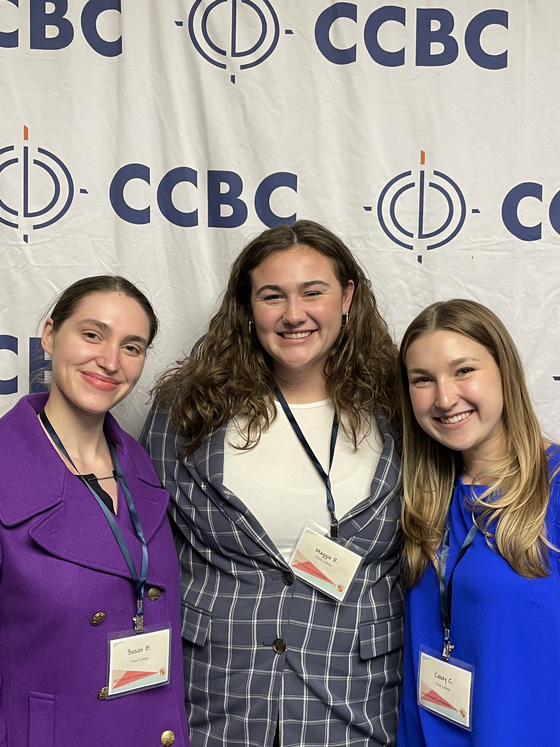
Three Honors Program students—Casey Chamberlin, Maggie Ralston, and Susan Boroskin—excelled at the Maryland Collegiate Honors Council Conference, with Maggie winning first place and Casey receiving the prestigious statewide Portz Award.
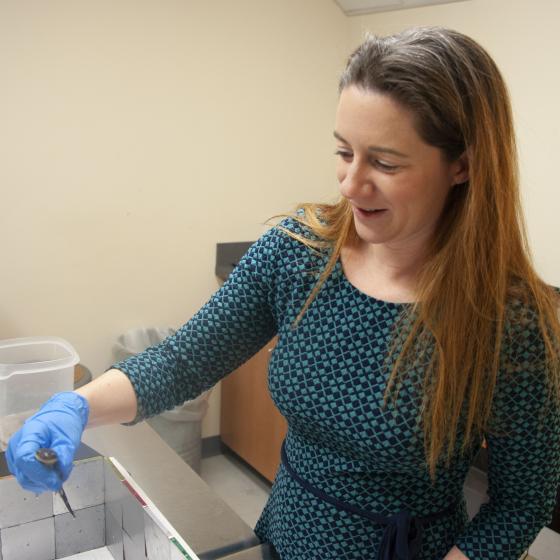
Professor Kundey studies salamander cognition to fill a research void in the field.
— The Graduate School at Hood College is launching a new doctoral program in counselor education and supervision beginning in…
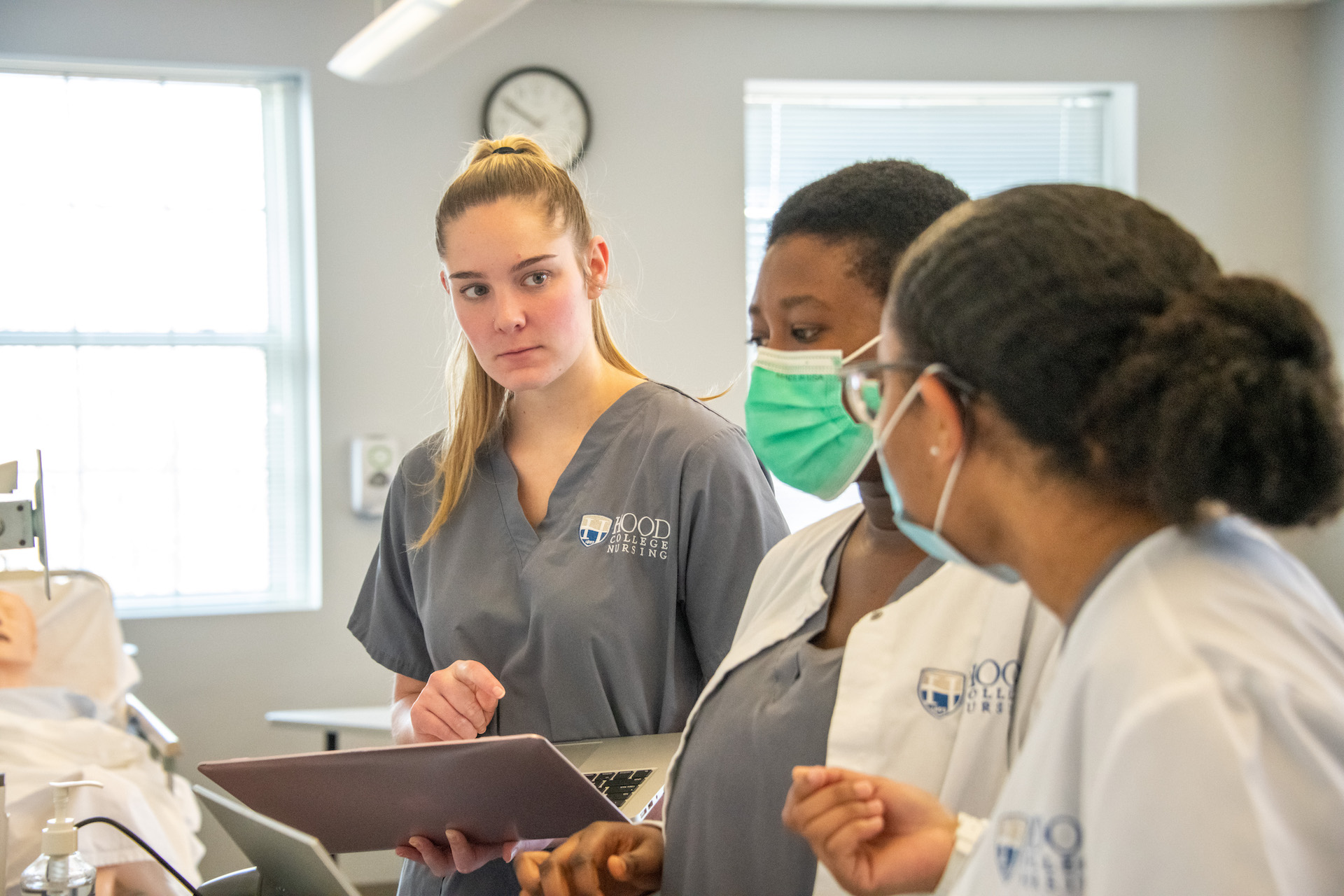
Hood College is proud to announce a multi-million-dollar gift from Ruth Whitaker Holmes ’55, Ph.D. for the establishment of The…
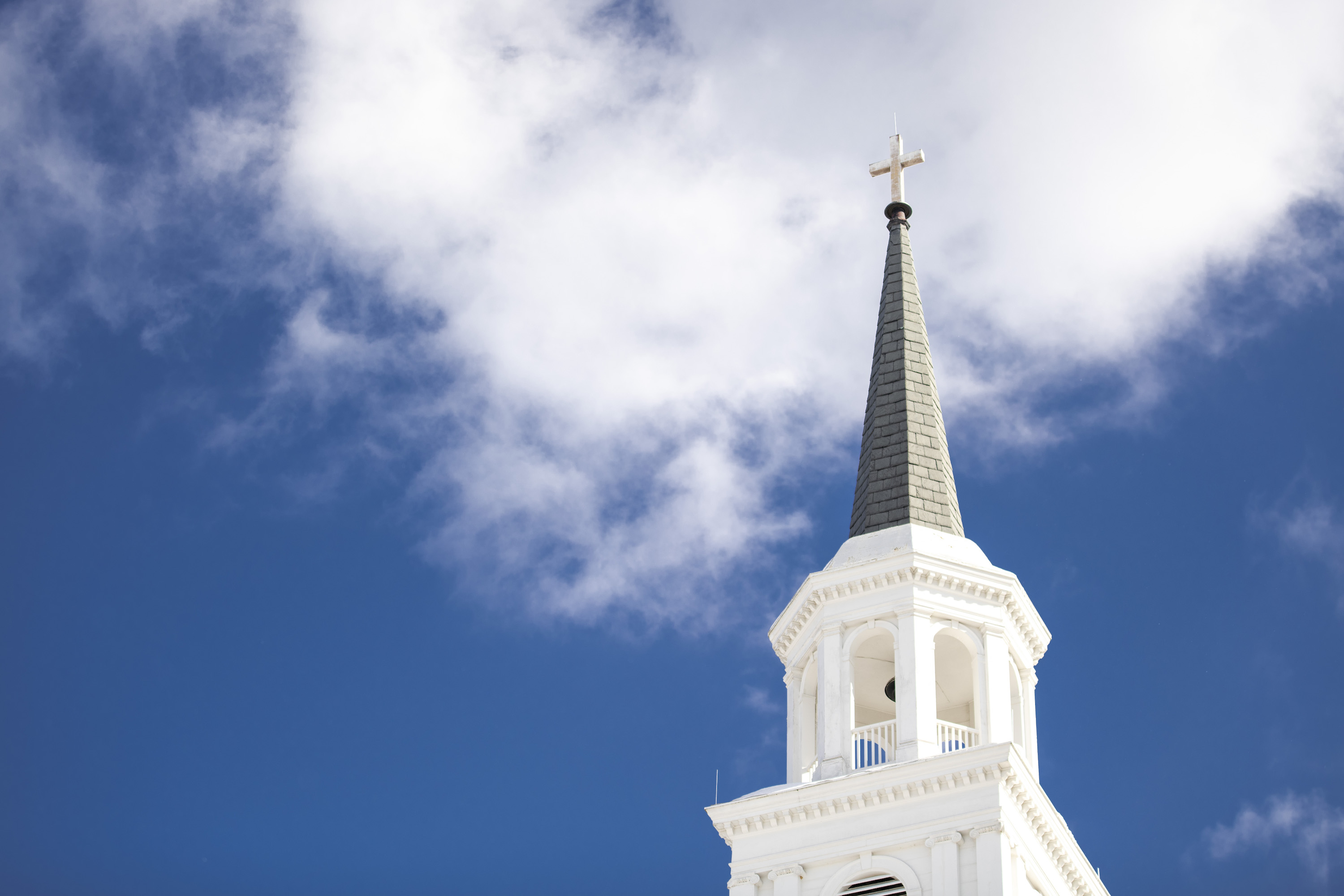
FREDERICK, Md., — Eight Hood College faculty members were promoted and/or approved for tenure during the Board of Trustees meeting…
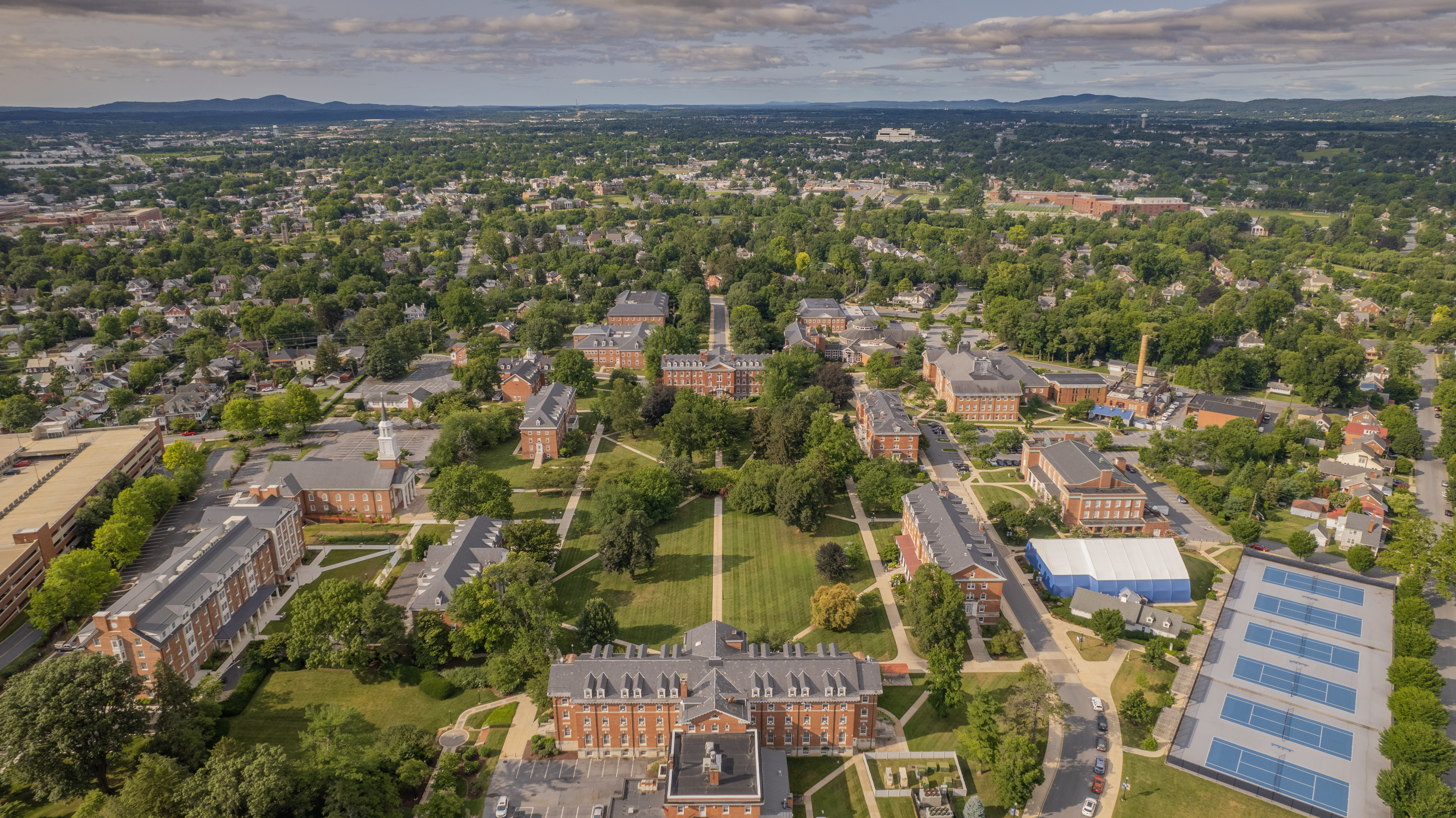
FREDERICK, Maryland — Hood College’s Master of Science in Counseling programs, Clinical Mental Health Counseling (CMHC), and School Counseling, have…
Information will vary based on program level. Select a path to find the information you're looking for!